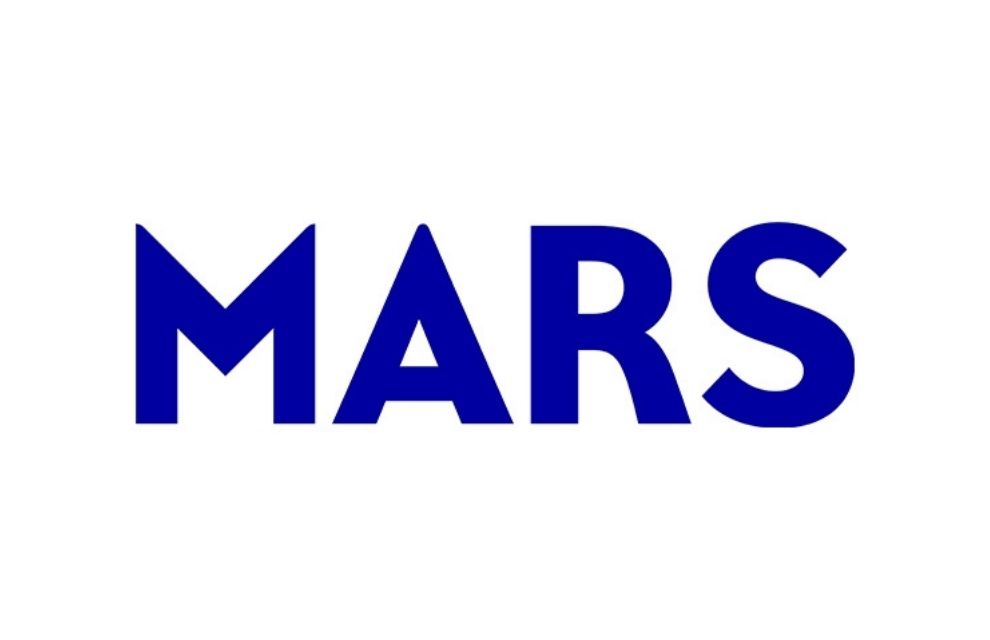Mars Incorporated’s director of risk management Christopher de Wolfe has welcomed parametric solutions for risk transfer. Speaking in Aon’s Virtual Reinsurance Renewal Season fireside chats to Andy Marcell, CEO of Aon’s reinsurance solutions, de Wolfe explains Mars has increased the utilisation of its captive, backed by reinsurance, a trend which has been observed among a growing number of corporations with large balance sheets. He explains that alternative capital was of interest to Mars, both for protecting the captive and in terms of providing wider risk solutions. Discussing parametric solutions for risk transfer, he argues that while data was in general a limiting factor in their progress, for weather risk it was “relatively easy with the right technology” to utilise predictive analytics to price a parametric programme due to the larger volumes of data available in this area. “I’m totally into the concept of parametric programmes; I think they’re fantastic; I think it’s the next cool thing to come into our industry,” he explains. de Wolfe suggests that one day, when computing power becomes more effective and more data becomes available, “I hope that parametric-type programmes will become available for a broader range of risks”. When insurers provide recommendations around loss prevention or continuity plans or resiliency strategies, de Wolfe explains as they do that they’re bringing the knowledge from not just our account, but from their entire portfolio or from the industry experience. He highlights that it brings a much, much broader level of information, which can support any arguments there might be for needing loss prevention or business continuity and resiliency. Rather than rely solely on insurance, de Wolfe reveals it was important for Mars to focus on risk management, risk mitigation and business continuity planning. He adds: “The opportunity to try and avoid that loss from happening in the first place is what’s most important for us. That’s what helps us keep products on the shelf or services provided to our customers, and that’s always going to be the priority.” “Insurance is an important part of our portfolio; but first and foremost: manage the risk, mitigate the risk and then insure what’s left.” de Wolfe says that Mars valued its long-term relationships with insurers, with the “mutuality principle being the cornerstone of how the firm negotiated insurance to work towards a mutually beneficial outcome”. He concludes: “If we have to make changes we will make changes, but never without first going back to our existing risk partners, with whom we’ve had long meaningful relationships to say, ‘do you really want to do this because we’re going to be there next year too, and we need your help to ride through these things.”


